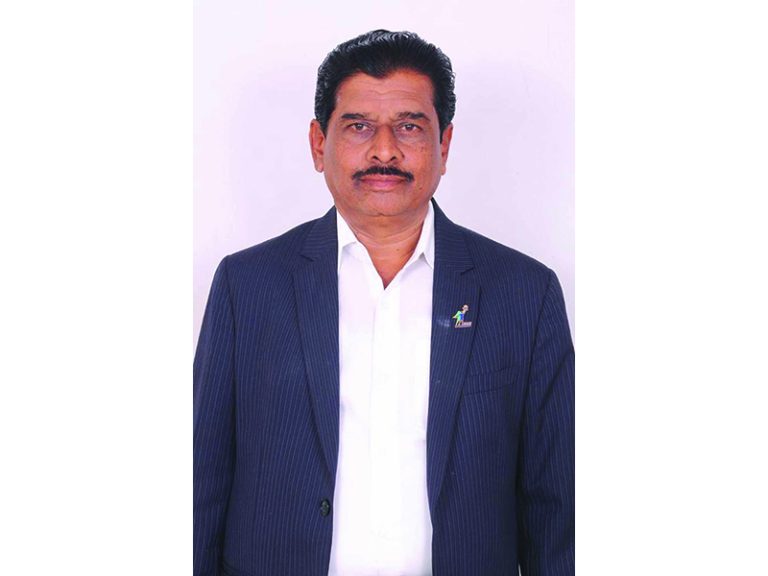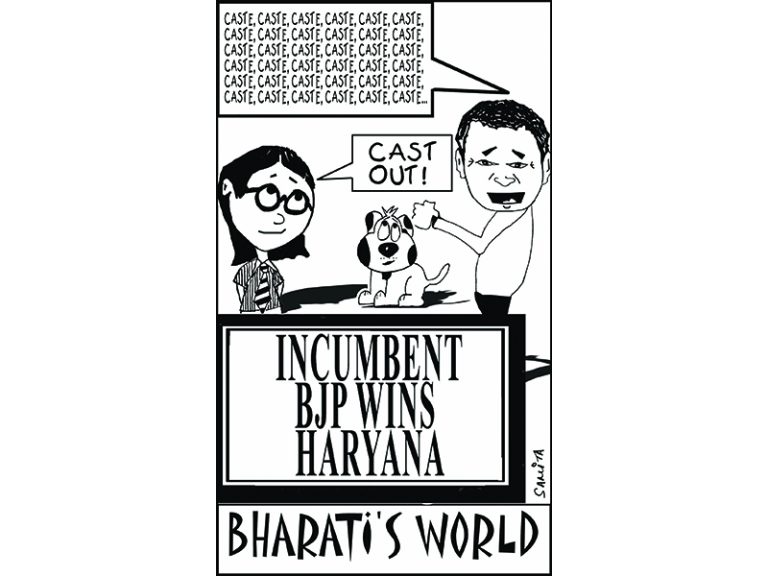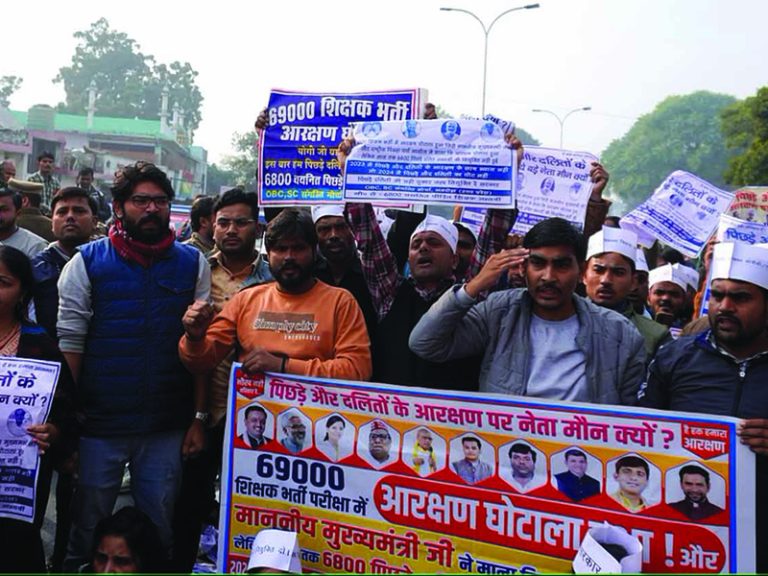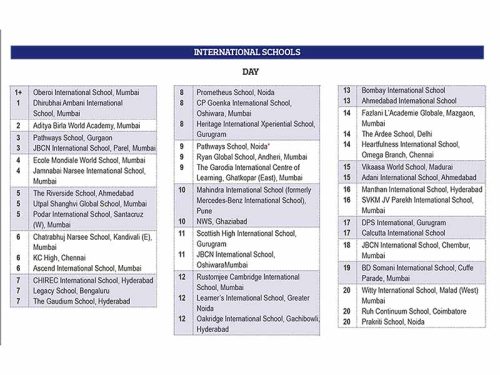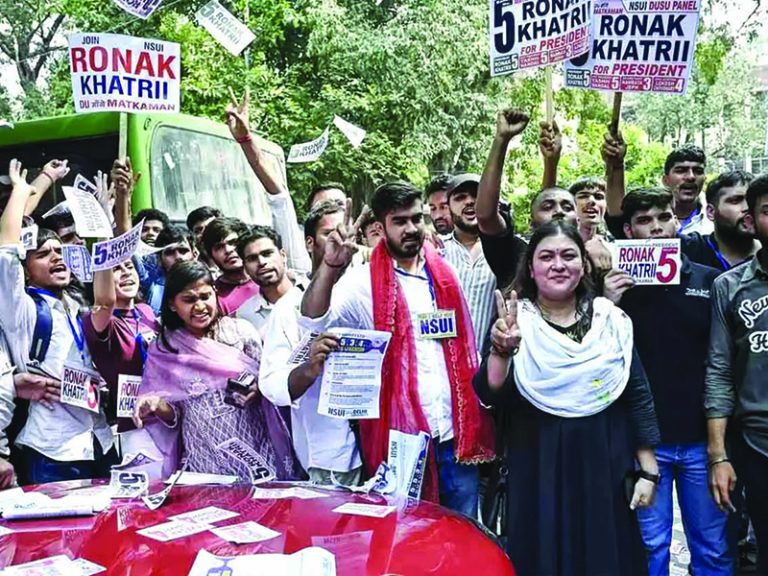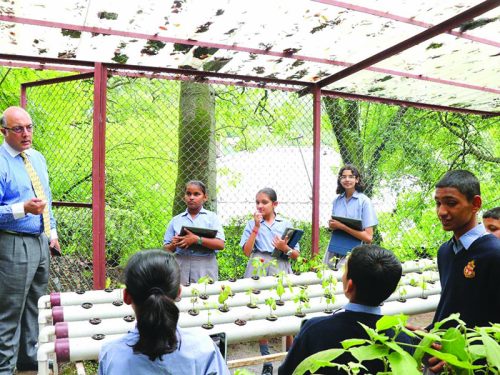Current Issue
From the Archives
Poor Rich Billionaire

Media Bytes
“Ask any young person if they dream of leading a village or becoming a Sarpanch, and you will likely be met with a puzzled silence. The educational curriculum largely focuses on Lok Sabha and Vidhan Sabha elections, parliamentary governance, or global models such as the United Nations. It remains silent on the Panchayati Raj institutions that form the bedrock of Indian democracy. This absence from classrooms has turned the Gram Sabha into a distant administrative concept rather than a living democratic experience.”
— Sushil Kumar Lohani & Manmohan Singh, The Hindu, (3/11)
“If India wants to retain its IT edge, it must act on multiple fronts. For policymakers, the challenge is to reimagine skilling. India's engineering colleges must overhaul their curricula. Government programmes must incentivise Al literacy, not just digital literacy. And industry must invest in reskilling, not just recruitment.”
— Shashi Tharoor, The Hindu, (4/11)





